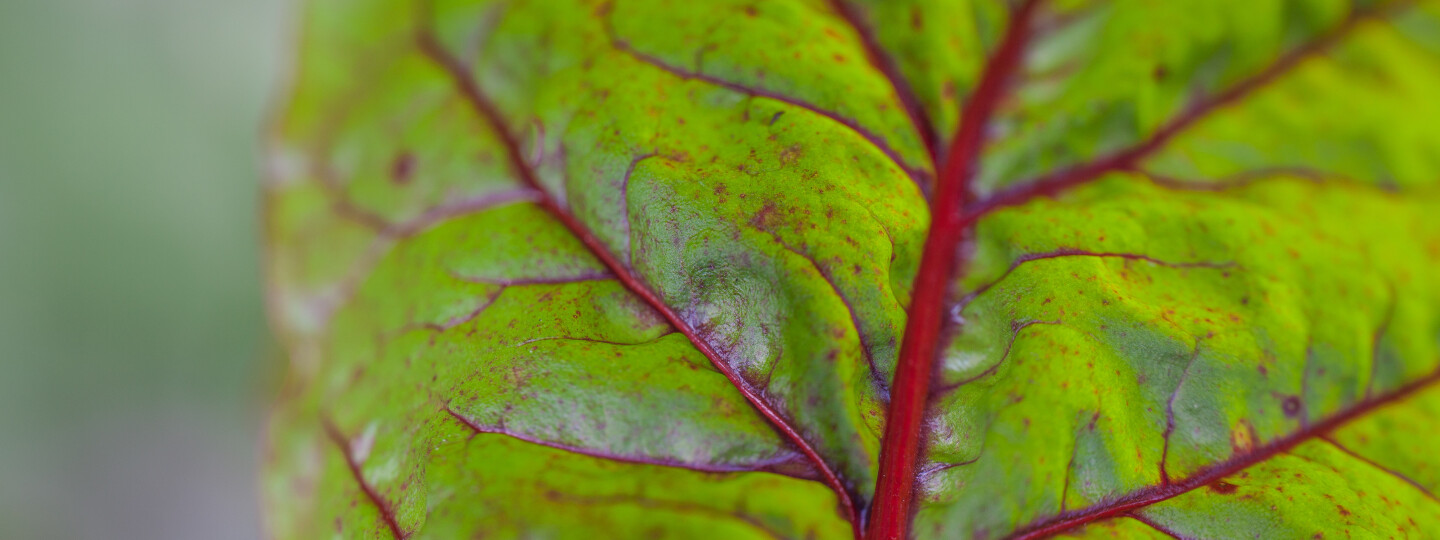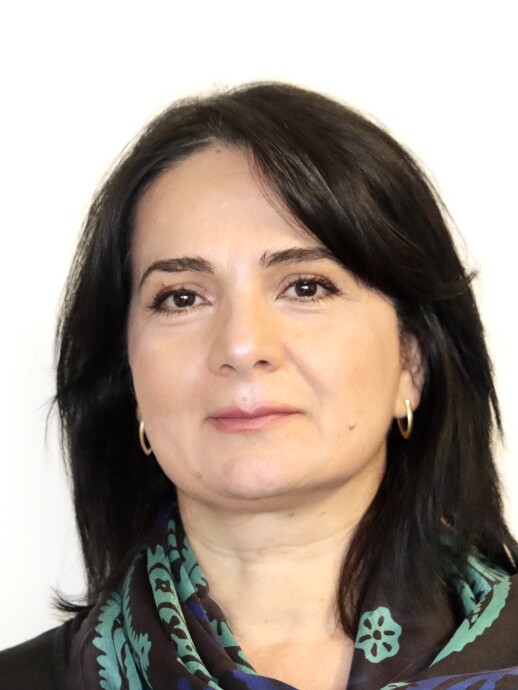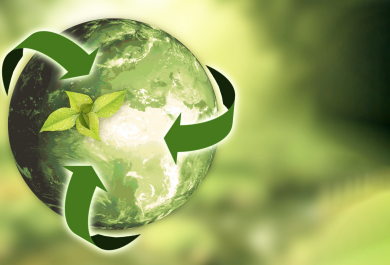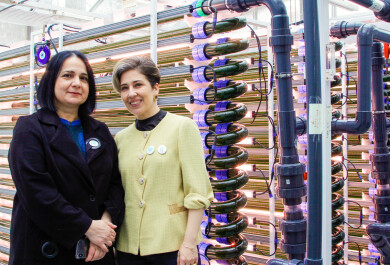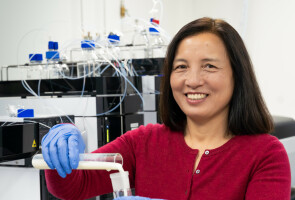The research group at the University of Turku lead by Associate Professor Yagut Allahverdiyeva-Rinne has received funding from the European Innovation Council through the Future and Emerging Technologies (FET) open call to develop the next generation solid-state photosynthetic cell factories.
Photosynthetic microorganisms, such as algae and cyanobacteria, have a great potential to satisfy global demands for food, chemicals and renewable fuels, and thus could reduce world’s demands on fossil fuels.
– This potential appears due to the ability of photosynthetic microbes to convert solar energy and CO2 into valuable products such as proteins, carbohydrates, lipids and some pharmaceuticals, says Allahverdiyeva-Rinne, the Principal Investigator of the Photosynthetic Microbes group.
Revolutionary synthetic biology tools enabled the development of photosynthetic cell factories, engineered algae or cyanobacteria, which efficiently produce a variety of targeted chemicals or biofuels.
Although the concept of photosynthetic cell factories is a big step forward in advancing industrial applicability of algae and cyanobacteria, they still suffer from factors inherent to the traditional suspension mass culturing. Solar energy is mainly ‘wasted’ to biomass accumulation and only minor portion of energy ends up in the targeted chemicals.
Artificial Biofilm System Prevents Wasting of Solar Energy
The University of Turku is well-known for the development of a thin-layer immobilization approach. In this approach, cyanobacterial and algal cells are entrapped within thin polymeric matrices, primarily in alginate, to form an artificial biofilm. In the artificial biofilm system, non-growing photosynthetic cells use solar energy to produce targeted chemicals and secrete them out in the long-term process.
– This concept differs from conventional algal biorefineries, which rely on “more biomass – more product” principle, says Allahverdiyeva-Rinne.
After several weeks of biomass accumulation, conventional cultures are destroyed to extract the targeted chemical, which makes production process short-lived and expensive.
This research project was initially supported by NovoNordisk foundation and further developed within NordAqua Nordic Center of Excellence consortium funded by NordForsk Bioeconomy program and chaired by Yagut Allahverdiyeva-Rinne.
FuturoLEAF Combines Photosynthesis, Synthetic Biology, Materials Science, Biotechnology, and SMEs
– The FuturoLEAF project aims to combine the advantages of photosynthetic cell factories and thin-layer immobilization within a novel concept of solid-state photosynthetic production platform, where algae and cyanobacteria operate within the leaf-inspired matrix, says Dr. Sergey Kosourov, a Senior Researcher at the University of Turku.
The concept is based on lessons of a billion years of evolution when prokaryotic cyanobacteria formed algal chloroplasts, and eventually were surrounded with the highly sophisticated and moist, light and gas responsive leaf structure.
FuturoLEAF platform ensures efficient CO2 and light capturing by designing functional architecture of photosynthetic cells and nanocellulosic building blocks.
The FuturoLEAF consortium brings together top experts in photosynthesis, synthetic biology, materials science, biotechnology, and SMEs. The consortium is coordinated by VTT (FI), which is a well-known expert in nanocellulose technology. The consortium partners are Aalto University (FI), Centre National de la Recherche Scientifique (FR), Technische Universität Graz (AT) and Cyano Biotech (DE).
